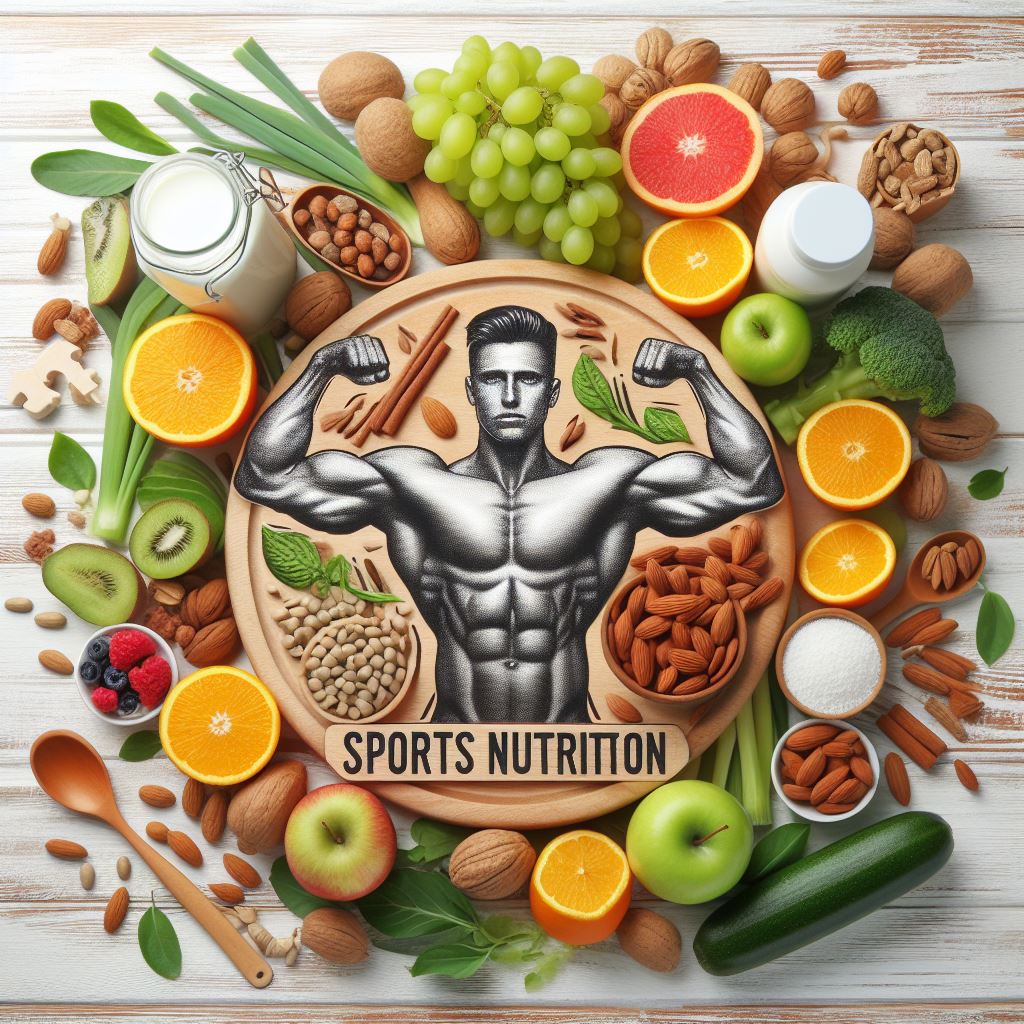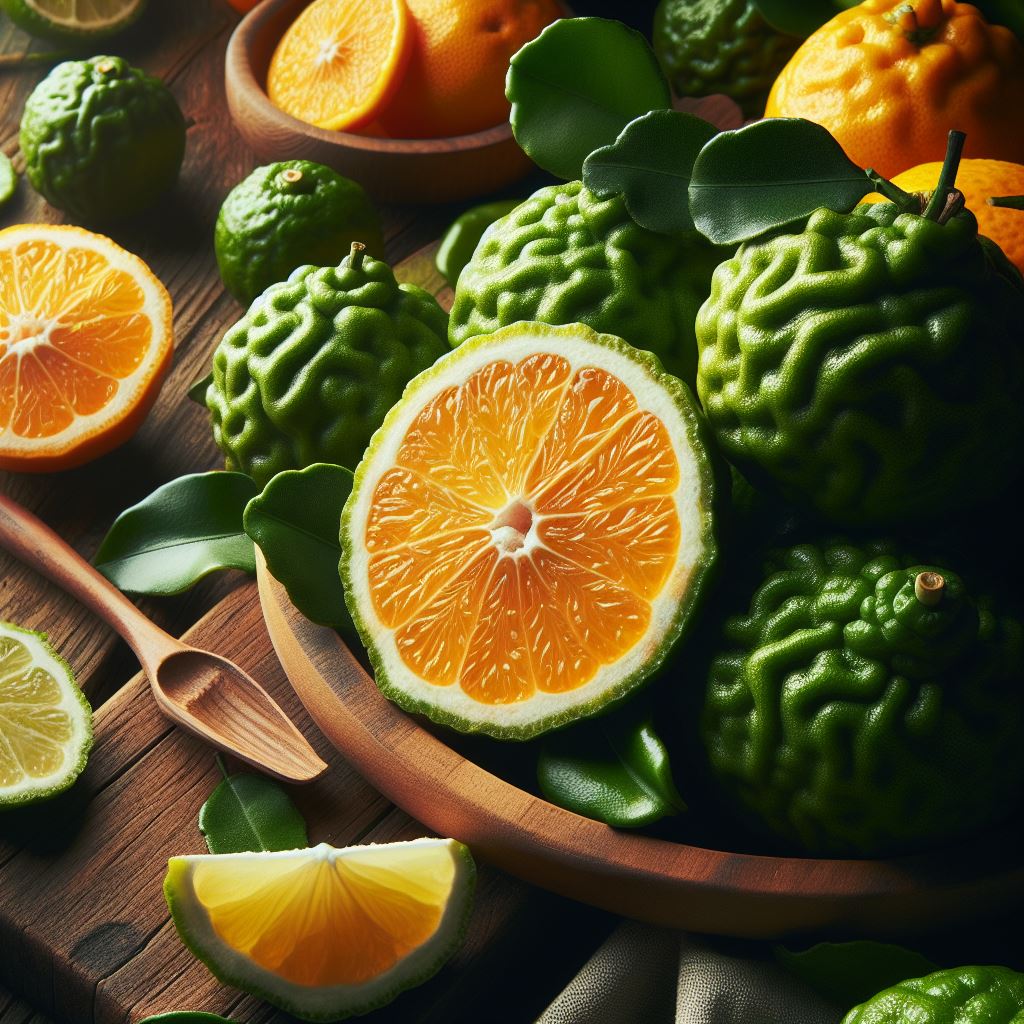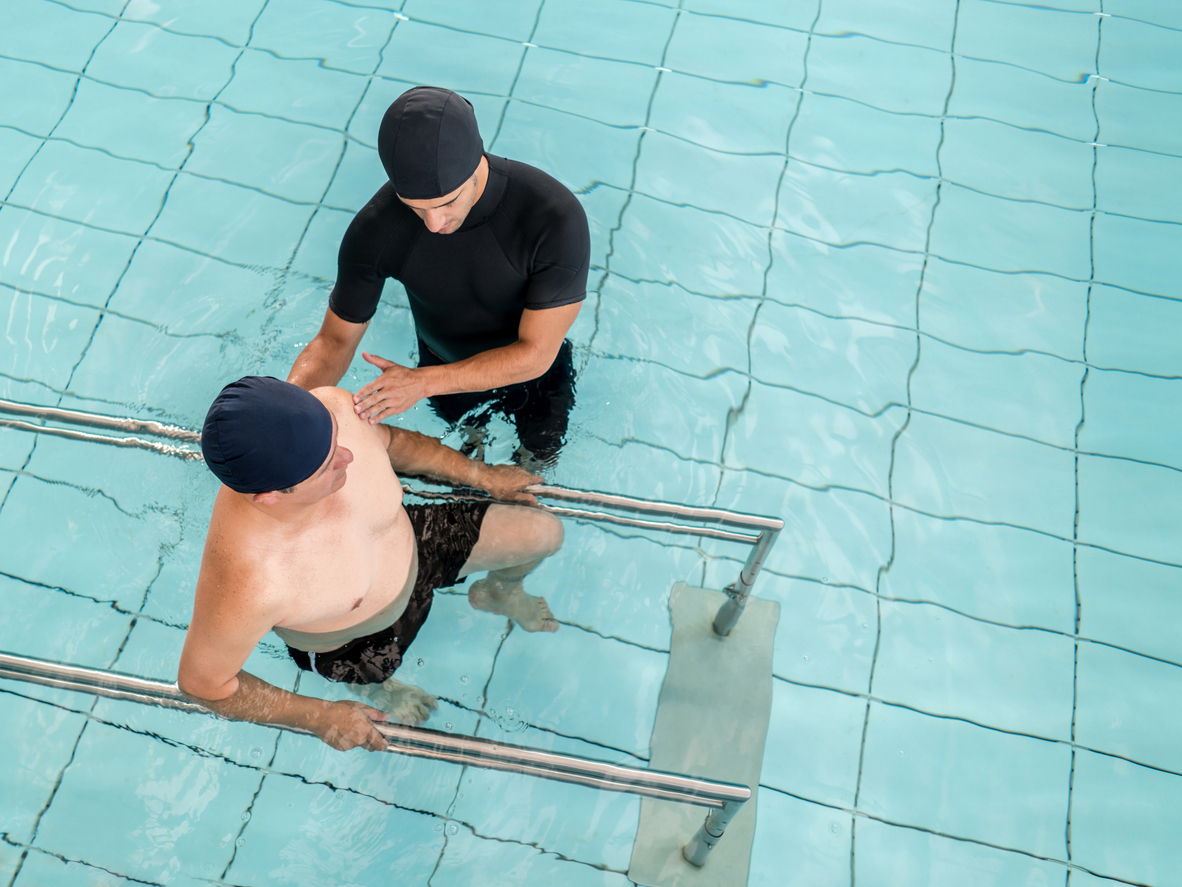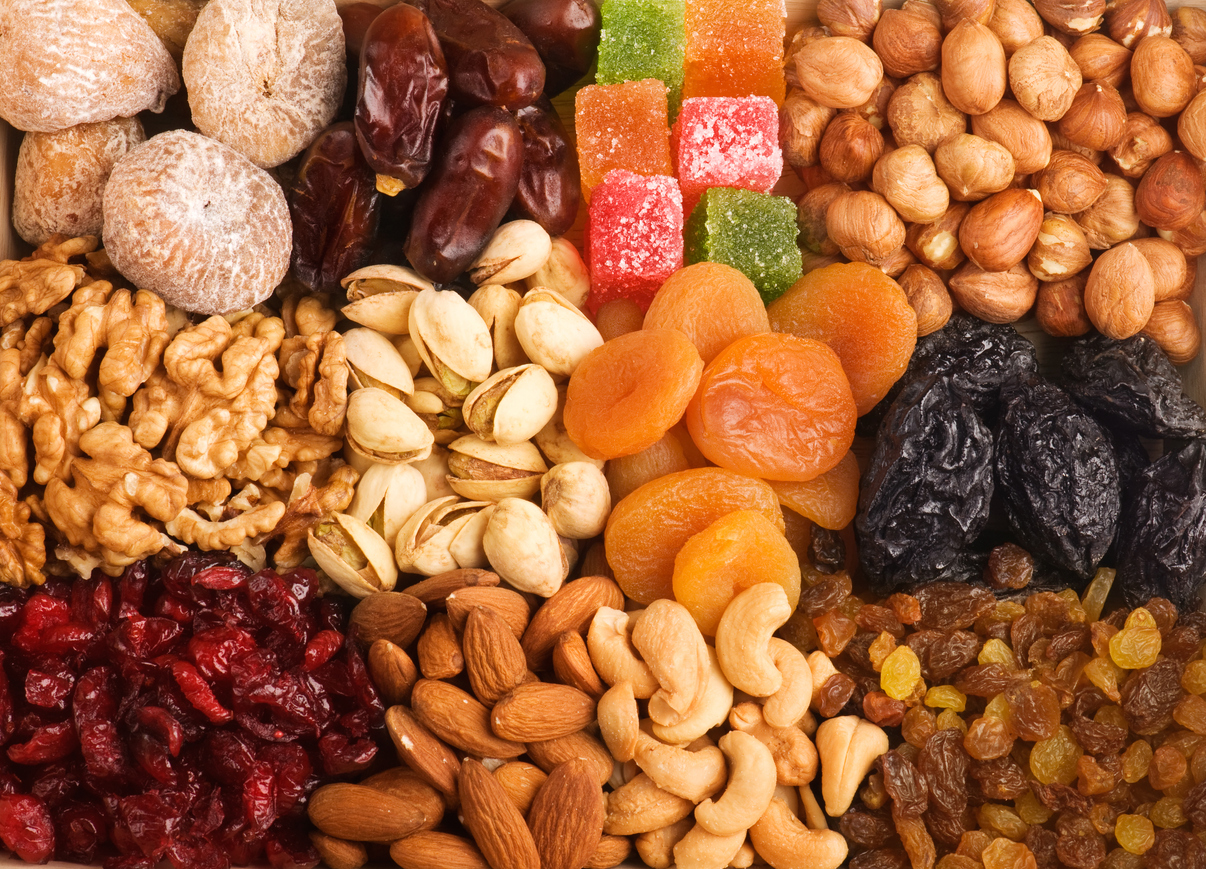In the sporting world, reaching peak performance represents a pinnacle for an athlete. Instead of relying on artificial products like supplements, a holistic approach that involves eating purely naturally can deliver equally good or even better results. In this article, we will look at the advantages of natural foods in sports nutrition that enhance athletic performance.
The primary benefit of a holistic approach to sports nutrition
It emphasizes whole, unprocessed foods that are rich in nutrients that the body needs to grow and maintain good health. Natural foods like fruits, vegetables, whole grains lean proteins, and healthy fats contain all the essential vitamins minerals antioxidants phytochemicals it contains are very useful for optimum performance.
Fruits and vegetables contain loads of vitamins, and minerals that are essential for many functions in the body. They are also rich in antioxidants that help reduce inflammation and promote recovery after vigorous workouts. They help to lower exercise-induced oxidative stress and inflammation. It is possible to maintain energy levels and support the immune system by incorporating a range of colorful fruits and vegetables into an athlete’s diet.
Whole grains like brown rice, quinoa, and oats are good sources of complex carbohydrates. These carbohydrates are the main source of fuel for athletes that provide steady energy in training and competitions. Unlike refined grains that are stripped of all their nutrients, whole grains possess fiber vitamins, and minerals helpful for overall wellness as well as performance.
Muscles need lean proteins, such as chicken meat and fish; beans, and tofu. They supply the required amino acids that assist in repairing damaged muscles and enhance recovery. By incorporating a wide range of lean proteins into an athlete’s diet, they can get all the necessary amino acids essential for this training regimen.
Avocados, nuts, and olive oil fatty foods are healthy for maintaining proper health performance. They are a concentrated source of energy and help to absorb fat-soluble vitamins. Healthy fats are also good at reducing inflammation and boosting brain function which is needed every time you train or participate in any competition.
Aside from providing the necessary nutrients, natural food also has other benefits that can contribute to athletic performance. They are usually less loaded with additives, preservatives, and artificial ingredients which can negatively affect the body. Natural foods are usually also easier to digest, so the body uses them better and does not suffer from a stomach during physical activities.
Sports nutrition is a vital component of an athlete’s performance and overall well-being. While natural foods form part of the major contributors towards essential nutrients, there are several other things that people tend to overlook whenever they talk about sports nutrition.
Basic principles of sports nutrition to remember
1. Hydration: Athletic performance requires proper hydration. Water is the most vital nutrient for athletes because it keeps body temperature, and blood volume and transports nutrients into circulation. Athletes should try to drink sufficient water, and natural beverages such as coconut water, or herbal teas all day especially before, during, and after sporting activity.
2. Micronutrients: Micronutrients such as carbohydrates, proteins, and fats are widely discussed in sports nutrition but it does not mean that micronutrients cannot be a topic of discussion. Rely on natural sources of carbohydrates such as sweet potatoes and whole grains to endure energy outputs during physical activity. Protein from natural sources like quinoa, hemp seeds, and Greek yogurt for muscle recovery as well as growth. Vitamins and minerals are a critical part of energy production, muscle function, and recovery ability Athletes need to pay attention to eating different fruits, vegetables, and whole grains if they adequately want their intake of micronutrients.
3. Timing of meals: Meal and snack timings play a crucial role in the performance of an athlete. Eating a proper meal or snack containing carbohydrates and protein about 1-2 hours before exercise can act as an even supply of energy. Further, to replenish muscles and restore glycogen reservoir after exercise a mixture of carbohydrates and protein should be consumed within 30 minutes.
4. Gut Health: More and more researchers have emphasized the health of the gut microbiome as a key determinant for general well-being and athletes’ performance. Eating probiotic-rich foods such as yogurt, kefir, sauerkraut, and kimchi can assist a person develop a healthy gut microbiome which might result in beneficial effects on digestion nutrient absorption, and immune function.
5. Individualized approach: Every athlete is a specimen of his or her own, and nutritional requirements might differ accordingly based on several elements such as age, gender body composition, training intensity, etc. It is necessary to treat sports nutrition in a very individual manner, taking into account these factors and turning to the help of a registered dietitian who will develop an individual plan.
A comprehensive approach to sports nutrition through the use of natural foods should enable athletes to focus their efforts on formulating balanced meals that encompass a wide array of nutrient-rich food items. One can accomplish this by having a variety of fruits, vegetables, whole grains, lean proteins, and healthy fats in their daily meals as well as snacks. You should also hydrate yourself by taking enough water and electrolyte-rich drinks, that as coconut juice or homemade sports beverages.
Overall, sports nutrition is a key factor in achieving optimal athletic performance. Many sportsmen use supplements and various other artificial products; however, a healthy way that may be even more effective is through natural foods. By eating a low-fiber diet based on many nutrient-dense foods, athletes enable their bodies to receive the necessary nutrition ingredients required for fueling performance and supporting recovery through detoxification.
Finally, it still has to be considered that natural foods are one of the most important parts of the sports nutrition process but hydrating is also completely mandatory together with micronutrients and timing meal beds as well gut health should not be ignored. Additionally, individualized approaches could help enhance athletic performance better than using only some proper diet regime. Adopting a broad perspective on sports nutrition not only impacts athletes positively in the short run but also contributes to their overall health and well-being over time.




